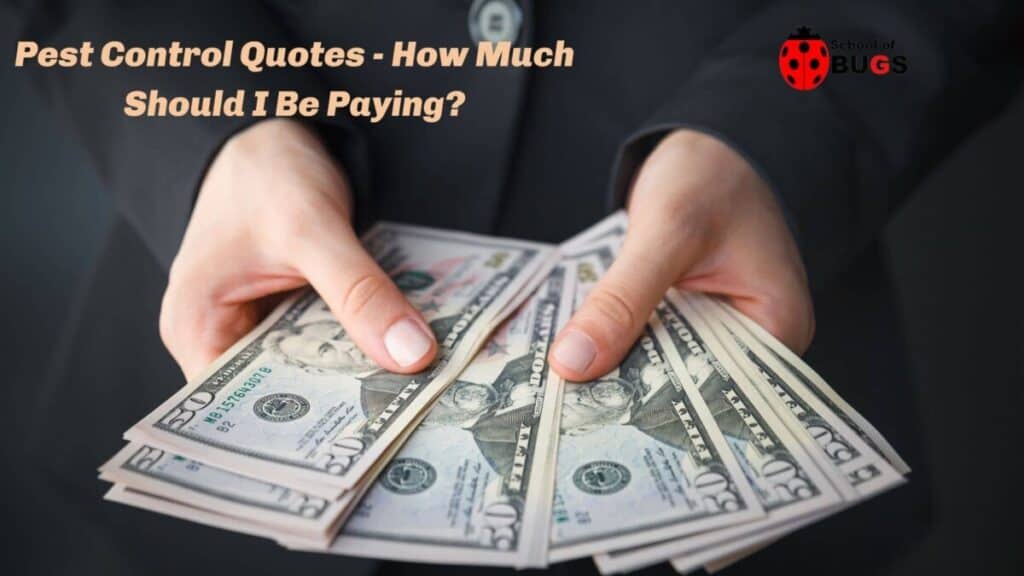
A bad pest infestation can damage your home, and cause health problems and even emotional stress. Nobody likes waking up with painful bed bug bites or seeing flying cockroaches or rats in the kitchen.
And chances are, if you see one pest, there are hundreds or thousands more hiding in crevices or behind the baseboards.
A professional pest control service can get rid of pest infestations and prevent them from coming back. It’s really an investment in your home, health and peace of mind.
What factors can affect the price of pest control?
The average cost of pest control can vary from $200 to $600 per visit. That’s a big range, because fees can be affected by a lot of factors.
That’s why professional exterminators will ask questions or do an initial inspection before giving a quote.
Size of your home
The bigger the property, the higher the cost of pest control. This includes the number of rooms and bathrooms in the house, the total number of floors, and the total square feet.
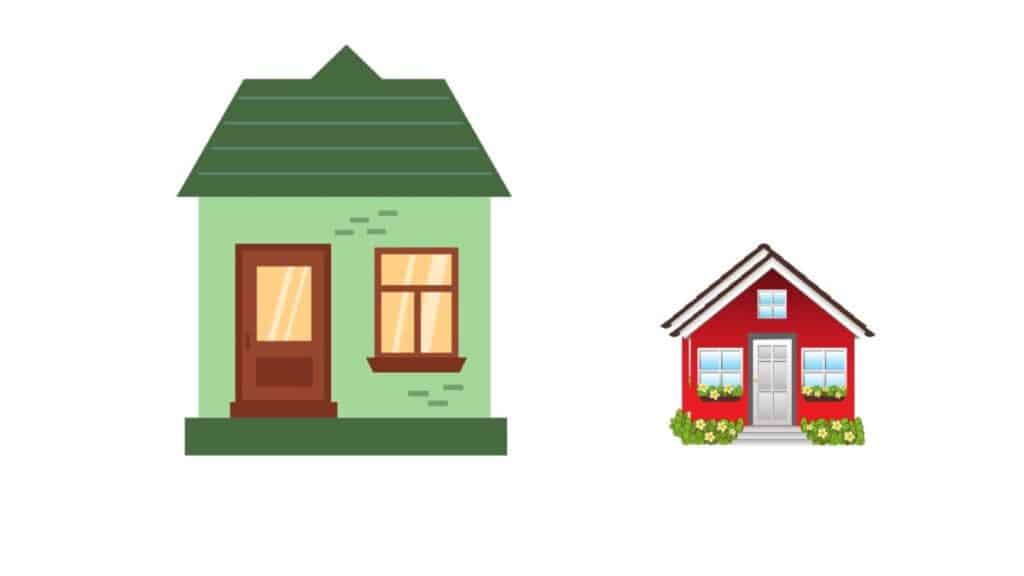
The exterminators may also need to treat the yard and the exteriors, since many pests will build their nests outdoors before making their way to your home.
So, if you have a large backyard, give an estimate of the size and a description (i.e., a lot of trees and bushes, near a water source, completely paved, etc.)
Type of pests
Some pests, like termites or carpenter ants, may need more thorough inspection of hard-to-reach areas, and more targeted and intensive treatments.
So, expect pest control costs to be a little higher, starting from $500 and reaching up to $2,000 or more, depending on the property size.
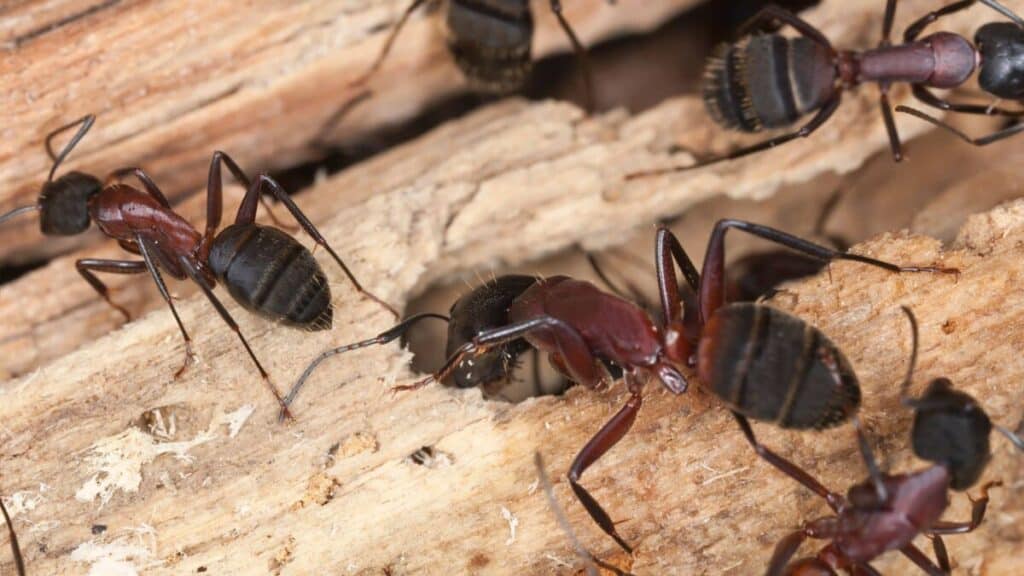
Compare this to pests like mosquitos which will just need spraying and inspection of outdoor areas where they are most likely to breed.
Even extensive treatment will only cost about $100 to $500, though you should follow the exterminator’s recommendations (like removing stagnant water) to prevent them from coming back.
Extent of the infestation
Exterminators may need to use more treatments to get rid of severe infestations, especially if the pests have hidden away their colonies in hard-to-reach areas. However, they will explain the extra costs in the quote, and why it’s necessary to take those measures.
Location
Pest control services can also be determined by your zip code. Some areas may be more remote and require extra travel costs, or be more prone to infestations.

What are the costs of different types of services?
- Single session. A one-time session may cost anything from $300 and $550. This includes fees for initial assessment when the exterminators inspect your property and diagnose the pest problem. Then they find the nest or areas of heavy infestations and do the treatment.
- Multiple session. Some pest problems may be so complex that you’ll need several sessions to completely eradicate them. If you require multiple visits, the exterminators may provide a package rate, which will include an initial inspection fee ranging from $150 to $300 and then quotes for the succeeding sessions.
- Full house fumigation. This is one of the most thorough treatments, and can cost about $4 per square foot. So, most homeowners will spend $2,000 or higher, depending on the size of the property and the extent of the problem. For example, some cases will require tenting, which will incur additional costs.
- Subscription. You can save more money (and prevent a lot of stress) by signing up for a pest control subscription, with regular monthly, quarterly or annual visits. Aside from getting discounted rates, you avoid pest problems from escalating to the point that it becomes more extensive and expensive to treat.
What are the average pest control quotes for common household pests?
- Cockroaches. While cockroaches are relatively easy to kill, they can hide anywhere and lay hundreds of eggs. Professional treatments, which include spraying in hard-to-reach areas, will usually start at $150.
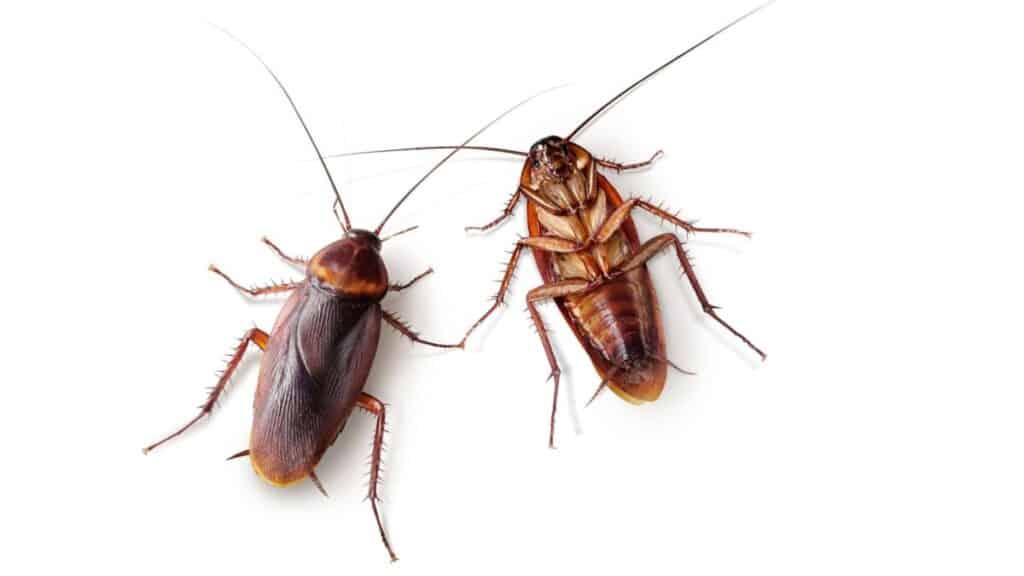
- Ants. Ant infestations will require inspection of both the house and the surrounding yard or garden in order to locate the nest. Fees start at $60 to $125.
- Bed bugs. Bed bug treatments are expensive (starting at $300 and may reach thousands of dollars) because it needs professional steaming of mattresses, sofas and other furniture and inspection of any areas where they may hide.
- Bees. Services range from $95 to $200—and they’re worth every penny, because removing a hive requires safety equipment and training to avoid getting stung!
- Wasps. Like bees, wasps are best left to the professionals. Services can start at $100, but can go over $1,000 for more extensive infestations.
- Carpet beetles. The exterminators will spray industrial-grade insecticide that can kill both adult beetles and the larvae. Fees range from $100 to $600.
- Dust mites. Dust mites can cause allergies and skin reactions, and regular vacuuming may not be enough. Exterminators charge about $145 to $350, and actually ends up being cheaper than repeated visits to the doctor for a reoccurring allergy.
- Fleas. Fleas can torment both people and pets, and may even transfer infections in a litter. Professional services range from $140 to $350.
- Mice. Rodent control can start as low as $150, but fees can vary greatly according to the size of the home and the intensity of the infestation. Professionals may use various methods, such as traps and sprays, to get rid of them completely.
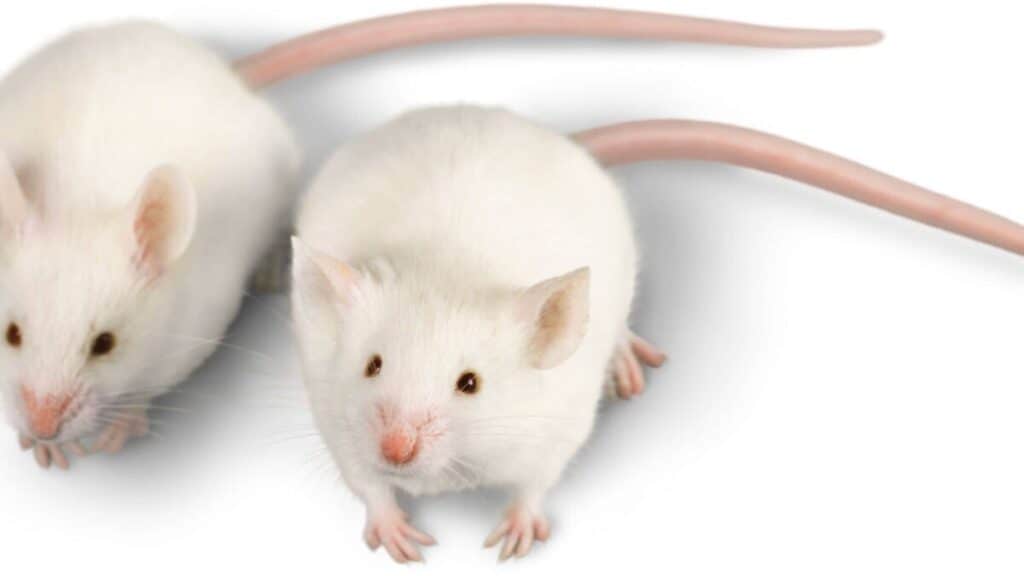
- Mosquitoes. Mosquitos transfer dangerous diseases like dengue and malaria, aside from being very annoying!Pest control starts at $100 to $500, though some properties may need more extensive full fumigations.
- Spiders. Spider populations can spike during certain times of the year, and their nests are difficult to find. Professional treatment ranges from $145 to $200.
- Termites. Termite treatment can reach $1,000 and higher, but it is much cheaper than the damage that these pests can do to a home’s structure. Older homes that are predominantly made of wood actually require regular treatment, and may benefit from a pest control subscription.
What to ask when you get pest control quotes
Professional exterminators can provide an accurate quote based on your specific needs and the size of your property.
It’s best to consult with them directly. Here are some questions you can ask while you compare different providers.
How long have you been in the business?
Ask them about the company, the kind of infestations they usually treat, and how many clients they serve in your area.
You can also ask them about the size of their crew, and how many people are usually sent during a job—especially if you have a bad pest problem or a big property.
This can give you an idea of their experience, and whether or not they have handled cases like yours.
Do you have insurance?
Experienced, professional exterminators know how to treat pests without damaging the property. However, it helps to know that in case any accidents do happen, their insurance can cover any costs.
What chemicals or pesticides do you usually use?
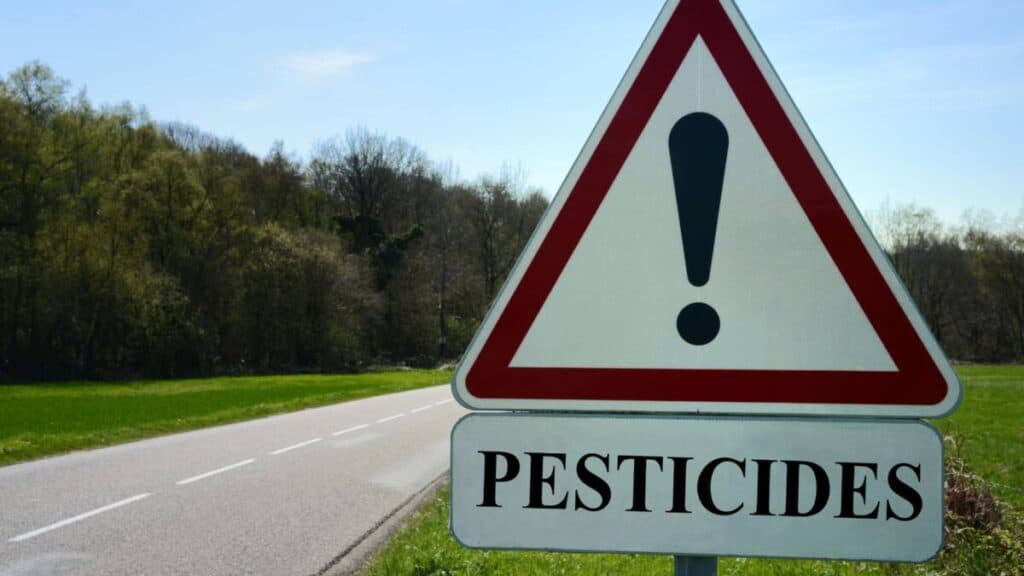
As a homeowner, you have the right to know what chemicals will be used, and the potential side effects and hazards.
A responsible exterminator will be transparent about their treatment, and even be proactive about telling you how to prevent or manage its risks.
How have you treated this problem before?
While treatment approaches may vary according to the pest problem and property, this question can give you an idea of what they may do and the possible costs.
What are the different kinds of packages, and what is included?
Compare the costs of one-time treatments, multiple treatments, and subscription services. Be sure to ask what’s included in each session, and any additional services that may incur extra costs.
What is your initial quote for my property?
Professional pest control professionals can give a very rough initial estimate based on the property size. However, bear in mind that these costs can change greatly based on factors they will see only after the initial inspection.

You can get a rough quote during your first phone call so you can make a shortlist of possible exterminators.
Then, after you have chosen the provider, you can ask them for a more thorough quote after the on-site evaluation.
Will I have to vacate the house?
This can help you make arrangements for yourself and any other pets. Also ask how long you will need to leave the house (especially if the treatment involves strong chemicals that need to air out) and when it will be safe to come back.
How long will treatments last?
Pest problems often reoccur, so you may need to get periodic sessions to remove any new nests or eggs. This question can help you assess the future costs, and whether it is more feasible to get a subscription service or a package deal.
May I have some customer referrals or references?
Previous customers can vouch for their efficiency, service, and the results. If the company is reluctant to give you this information, take it as a red flag.
Alright, that’s it for this article, here are a few hand-selected articles that you might also find interesting reads:
Can You Get Exterminator For Stink Bugs? With Costs!Which Pest Control Company Is the Best for Termites?
13 of the easiest insects to keep – Plus Costs!
Recent Posts
Tiny Black Bugs in Bathroom NO WINGS: What They Are and What to Do!
Finding tiny black bugs in your bathroom can be uncomfortable, to say the least. Especially if they are persistent, or they appear in very large numbers, which they often like to do. When it...
Tiny Black Bugs in Plant Soil - What Are They & What To Do About It
A short horror story: You get a new houseplant. You do your best to take care of it. You’ve ensured that it has the right soil, the right amount of sun, it gets enough water. And then one day, you...

